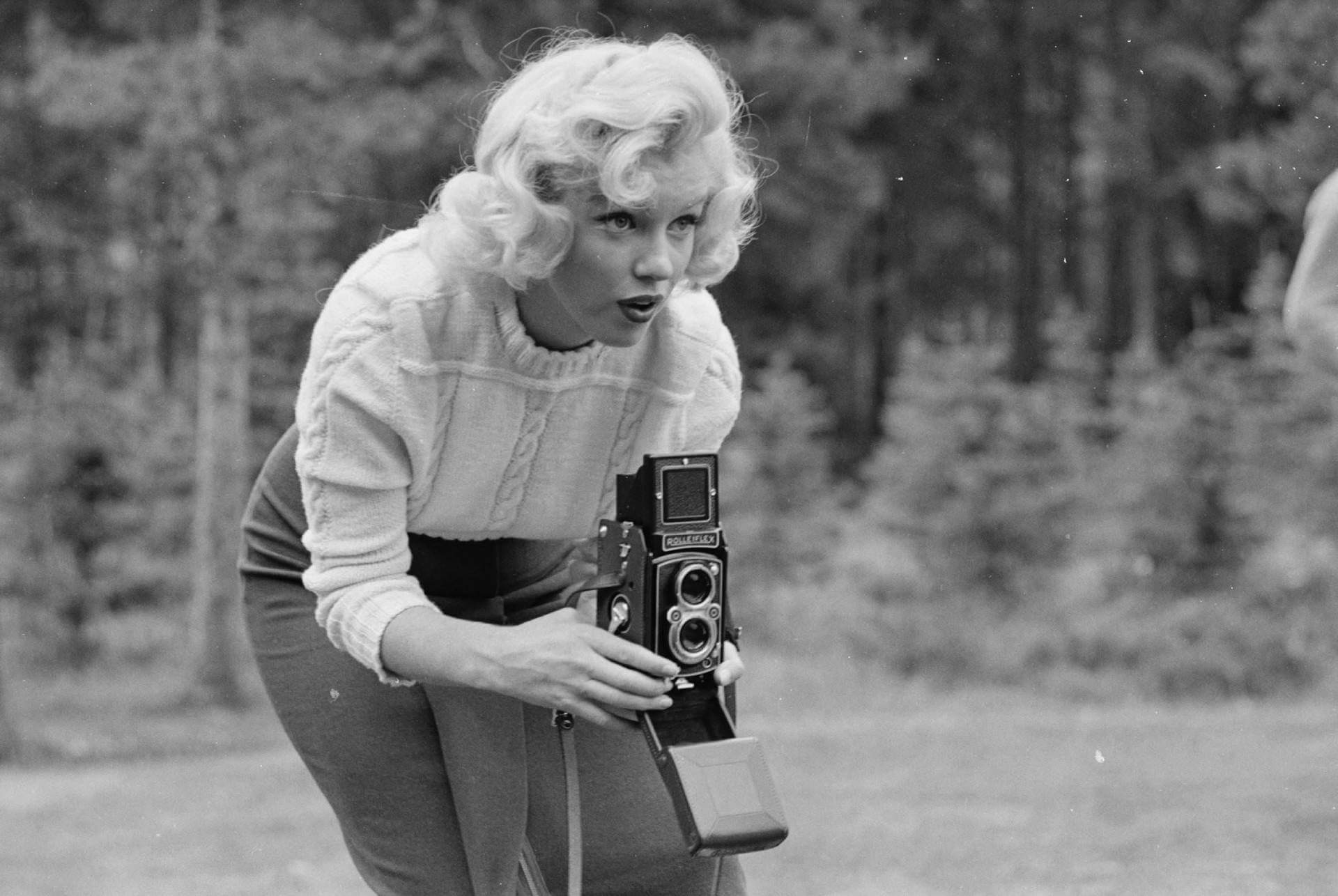How long will Hollywood be associated with major film studios like Warner Bros., Paramount and Universal? Both MGM and 20th Century Fox have been sold. DVD’s and paid TV lost to streaming after Netflix’s rise to success. Tech companies like Apple and Amazon entered the game. In only a few years, they acquired the finest movies and TV shows in the world. Welcome to Tech Hollywood, the most drastic change in the movie industry since the dawn of the first major film studio Universal Pictures in 1912.
All of the studios were founded in the first decades of the 20th century by immigrants with little or no experience in art or entertainment. And most of them, with little money. They skyrocketed to wealth in the mid-1920’s, beginning with a new system that controlled actors, movie distribution and film showings in the US and abroad.
In the previous century, Hollywood studios faced the same challenges, from the 1929 crisis to the blockbuster era that began in 1977 with Star Wars. These regenerations cut the marketing department’s film budget and major decision center in half. These changes parallel the modern-day effect of new players Apple and Amazon which penetrate Hollywood to its core and wield even more power than Netflix.
Apple Inc’s stock market value reached $3 trillion for the first time last June. Apple TV+ was launched in 2019. It was housed in a newly created 550,000 square foot studio in Culver City and received a record number of 54 Emmy Award nominations in 2023, with Severance being the only series to earn Best Drama and Best New Series in the same year. Amazon is now the world’s fifth largest publicly traded company and worth $1.3 trillion. Prime Video was launched in 2006 covering 200 countries. Amazon MGM Studios racked up 68 Emmy nominations in 2023, its first year with Amazon. Amazon Prime Video show The Marvelous Maisel (2017-2023) won 80 Nominations and 22 Emmys during its five seasons, making it the most celebrated streaming TV comedy in history.
Meanwhile, historically significant Hollywood studios disappeared. Responsible for the production of movies like Titanic (1997) and Avatar (2009), Walt Disney Studios bought 20th Century Fox in 2019. Its movies and series streamed on a separate service, Star+, in regions like Latin America. Disney announced in December 2023 that Star+ would no longer exist and all its content would be transferred to Disney+. Another major film studio of the last century, Columbia Pictures, never even had a streaming service. Its shows dispersed over many disparate platforms. Last May, HBO Max acquired Disney brand Discovery+ and renamed it Max.
Dominance of streaming
More streaming mergers are expected to happen in the following years. Across this battlefield tech companies which own streaming services are more likely to absorb what is left of historically recognized film studios. The modern era is not the first time a non-art-and-entertainment company bought a Hollywood studio. In 1982, Coca-Cola acquired Columbia Pictures for 750 million USD. Yet their efforts were hampered by the fickle entertainment business which nearly drove them to shelve classic movies like Ghostbusters (1984). Just seven years later in 1989, Coca-Cola sold Columbia for the Japanese Sony Pictures.
Unlike Columbia under Sony Pictures, tech companies like Amazon and Apple have achieved success — Emmy and Oscar nominations and awards — without a previous Hollywood studio under its umbrella. Tech brands absorb Hollywood soft power, the ability to seduce rather than coerce in areas like arts and entertainment. Sony Pictures, for instance, has invested over 3 billion USD in Columbia Pictures. What impact will Tech Hollywood continue to have on the production of films and shows? On the future of art and entertainment?
Algorithm and AI Transforms Entertainment
Hollywood studios hired humans in the 20th century to evaluate their new releases. They used “Previews” to keep scenes that earned paid audience approval during the first cut screening and eliminate those that did not.
With tech companies running what’s left of Hollywood, artificial intelligence and algorithms may dictate the shape of films and TV shows. Warner Bros. signed a deal with Cinelytic to use AI to decide which movies to commission and determine the profitability of actors in specific territories. In 2016, tech company AT&T shelled out $85 billion to acquire Warner Bros. Other studios soon rode the AI wave resulting in a mass strike of actors and writers who insisted upon improved pay and recognition.
The streaming Golden Age is coming to an end with minor services and major film studios from the 20th century giving way to digital entertainment. Meanwhile, Netflix determines the future of its shows with an opaque algorithm that has caused a disproportionate cancellation of series made by women. This backfired when many accepted shows did not reach their second season, calling into question whether AI should be the judge.
Now, tech companies that own streaming services are demolishing 75-day exclusive theatrical windows, making it easier for people to watch films right from their homes. The effect is crushing in-person theaters, which have not financially recovered from their drop in viewership owing to the COVID-19 pandemic. Perhaps the US Justice Department’s antitrust laws were justified–twice against Hollywood studios. The first time, the 1948 Hollywood Antitrust Case tried to reign in Hollywood’s intimidating behavior. The second time, the US Justice Department implemented the financial syndication and interest rules that regulated ABC, NBC and CBS shows in primetime in the 1970s with the intent of encouraging independent production companies.
This century, though, a much more dangerous kind of oligopoly is being formed. The giant conglomerates Apple, Amazon and AT&T are sucking what’s left of film studios and using algorithms and AI to maximize profits and minimize costs. The 2023 strike in Los Angeles was not enough for another major Justice intervention in the US. So, until that happens, let us see the next meals tech companies will devour in Los Angeles while Tech Hollywood becomes a game with many fewer players than in old times.
[Gwyneth Campbell edited the piece.]
The views expressed in this article are the author’s own and do not necessarily reflect Fair Observer’s editorial policy.
Support Fair Observer
We rely on your support for our independence, diversity and quality.
For more than 10 years, Fair Observer has been free, fair and independent. No billionaire owns us, no advertisers control us. We are a reader-supported nonprofit. Unlike many other publications, we keep our content free for readers regardless of where they live or whether they can afford to pay. We have no paywalls and no ads.
In the post-truth era of fake news, echo chambers and filter bubbles, we publish a plurality of perspectives from around the world. Anyone can publish with us, but everyone goes through a rigorous editorial process. So, you get fact-checked, well-reasoned content instead of noise.
We publish 2,500+ voices from 90+ countries. We also conduct education and training programs
on subjects ranging from digital media and journalism to writing and critical thinking. This
doesn’t come cheap. Servers, editors, trainers and web developers cost
money.
Please consider supporting us on a regular basis as a recurring donor or a
sustaining member.
Will you support FO’s journalism?
We rely on your support for our independence, diversity and quality.








Comment